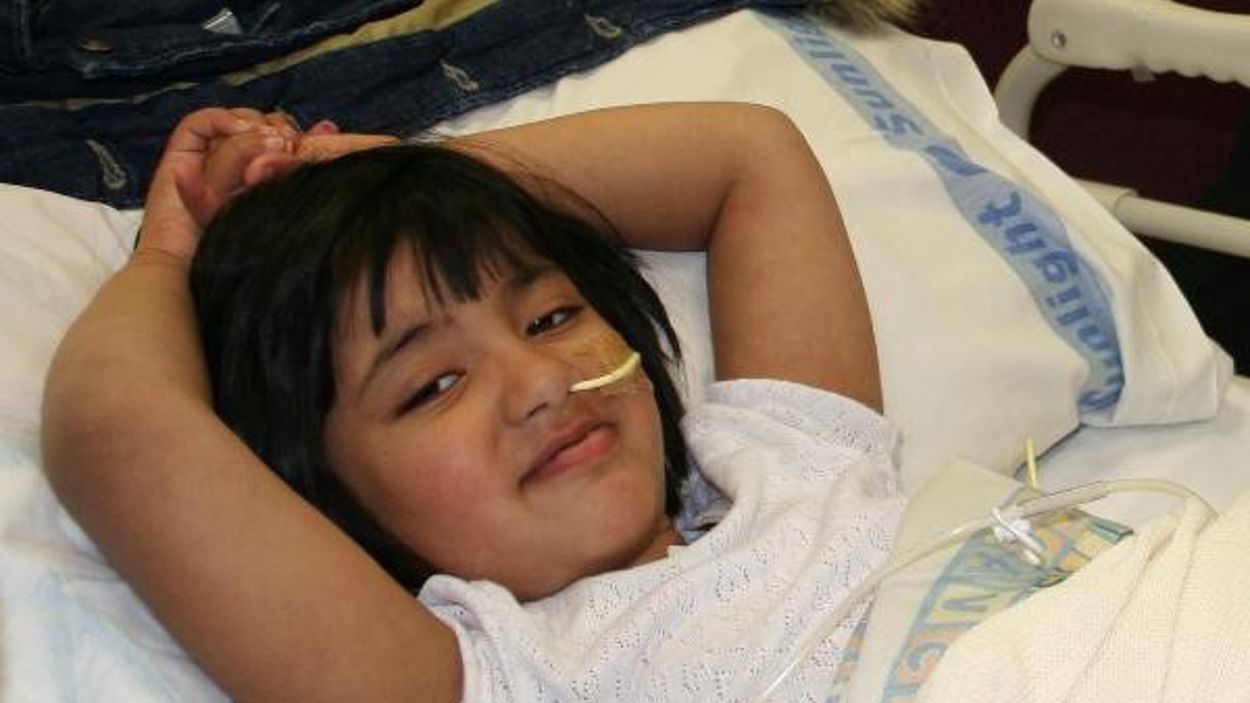Crohn’s disease is characterised by inflammation of one or more areas of the digestive tract, with normal areas of gut between. It can occur anywhere from the mouth to the anus, but most commonly in the large and small bowel (intestine). This inflammation may lead to ulceration, abscesses and strictures in the bowel. It is a chronic (long lasting) condition which tends to wax and wane over a period of months or years. So far there is no cure but treatment should produce a symptom-free remission in most cases.
All children with Crohn’s disease should be treated by a paediatric gastroenterologist or other specialist with extensive experience of inflammatory bowel disease (IBD).
symptoms of Crohn's disease
These can vary. More common symptoms include severe stomach pain, vomiting, nausea, dramatic weight loss, persistent diarrhoea (possibly with blood and/or mucus), and in some cases, constipation. These symptoms can either appear very suddenly, or very slowly, with weeks or months of good health in-between. Children often present initially with just one or two of these symptoms. As they mimic other less serious childhood conditions, diagnosis can be very difficult. In some cases, the symptoms may not point to bowel disease with a child just feeling very tired with a loss of appetite, joint pains, skin rash or slowed growth. As the symptoms can come and go, it is sometimes thought to be a virus.
There are many treatments available, each tailored to the individual. Occasionally surgery is needed to remove an affected area.
Other symptoms which may show when Crohn's is active are night fevers, joint inflammation (arthritis), inflamed eyes, erythma nodosum (painful boil like lumps that usually appear on the shins), rashes and eruptions on any part of skin. It is very rare but occasionally genital areas may also be affected. Most of these symptoms are responsive to treatment given for Crohn's so should clear up once Crohn's is under control but if any continue, they should be reported to the specialist team as soon as possible.
Some children with Crohn's disease have delays in height and puberty. This is due to a combination of factors, including the inflammation itself, loss of nutrients, steroid treatment, and hormonal changes. It is important to actively monitor growth during childhood, especially during puberty. With treatment, some will continue to grow in height into their twenties, long after the onset of puberty, and long after their peers have stopped growing.
oral Crohn's
Oral Crohn's is more common in children than adults and can upset them because it affects their appearance. Lips and mouth become swollen and ulcerated and very painful cracks appear in the corners of the mouth. Children become very sensitive about their looks especially when other children tease them. Oral Crohn’s is not contagious and this should be emphasized to schools so children do not miss out on education if they are still well enough to attend. As lips heal less easily than skin, trying to reduce the swelling by surgery should not be attempted but there are specialists in this area who can advise on ways to improve the look and severity of the condition.
Contact us for a copy of our oral Crohn's factsheet.
causes of Crohn's disease
We do not yet understand all the causes, but Crohn’s is probably due to a combination of factors. Damage to the intestine is caused by an overreaction of the body’s own immune system, probably in response to otherwise harmless bacteria that reside in the gut. What triggers this process in some and not others is one of the most important questions in Crohn’s research at the moment. However we are quite sure that Crohn’s is nobody’s fault. It is not due to poor diet, nor to inadequate care, and it is not cancer.
Crohn’s is strictly speaking not hereditary; however, sometimes more than one member of the same family may be affected (referred to as ‘familial’) or could have another form of IBD such as Ulcerative colitis. This could be the result of genetic susceptibility to the condition or perhaps the result of people sharing the same environment. If a family member has bowel symptoms their GP should be told of the family history of IBD. Stress does not cause IBD but as with other chronic conditions, stressful situations such as exams can have a temporary worsening effect.
Watch Dr Richard Hansen, Consultant Paediatric Gastroenterologist at Glasgow Children's Hospital, talk about IBD. You can watch more of our videos of health professionals talking about IBD.
